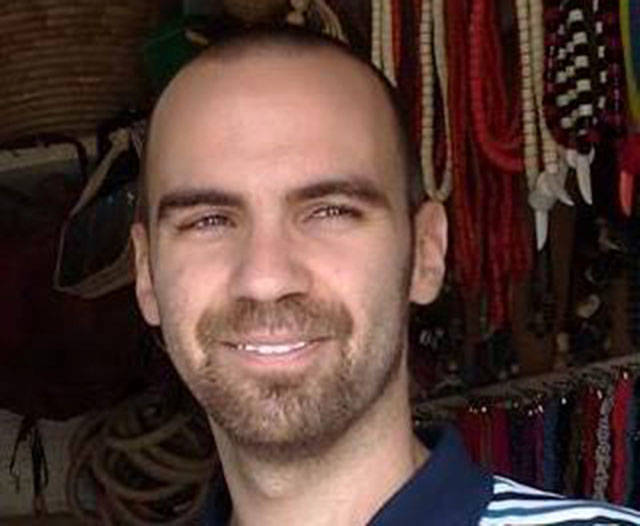It’s a dating adage that you can’t fix a man.
I’m not so sure why this is never applied to larger social concerns. The simple truth is men do not want to be fixed. Enlightened? Possibly. Transformed? Perhaps.
But fixed? No.
Think of an intelligent, attractive, and successful woman who takes on a far less intelligent, attractive and successful man as a project: How can I get him to dress better or speak better or consider my needs better? (and so on). This is part-stereotype for the purpose of emphasis and part-sordid reality.
I bring this up not to talk about dating pitfalls but to talk about men’s anti-violence, pro-feminist initiatives, such as MenEngage. My concern is that these initiatives, while noble, resemble the approach of a woman seeking to mold the perfect man out of a deeply flawed suspect-man.
In other words, he is viewed with suspicion until he does xyz for n weeks. This is not only condescending toward the man in question but also runs counter to a characteristic approach to empowerment.
For example, a women’s empowerment approach tends to focus on what a woman needs for herself in order to be stronger, happier and more confident and not what she can do to better please or empower a man or men in general. If the latter approach were taken, feminists would surely condemn it — calling it oppressive and patriarchal.
I am not saying it is equally oppressive to take this approach with men’s empowerment, but it is likely to meet as much resistance from self-respecting men as the equivalent approach would from self-respecting women. And men’s resistance would not only come from powerful men reinforcing the status quo but also from men who find themselves near the bottom of the hierarchy due to socio-economic and political factors. These men will likely ask, ‘What about our empowerment? Doesn’t gender justice and equality also apply to us?’ Despite the famous words from the Declaration of Independence, not all men are created equal in a capitalist, patriarchal society.
Speaking for myself — and I consider myself pro-feminist — I would not be interested in going to a workshop where the central goal was to modify my behavior for the sake of women’s empowerment. Of course, if it were determined that I was speaking or acting in violent or oppressive ways, then a behavior change would be the clear solution. But changing men’s behavior should not be posited as the end-all-be-all before the discussion has even begun.
Despite all the academic speak about systems of oppression, feminists are loath to talk about how (some) women benefit from those systems. It’s not as if every woman on earth is actively fighting against patriarchy or considers it sufficiently evil to fight against at all. The 53 percent of white women who voted for Trump in 2016 did not do so because they are stupid or brainwashed, they did so because they saw a Trump presidency — and patriarchy by extension — as in their current best interests.
This reflects a larger issue in modern feminism: It has a public relations problem, as Lauren Reiff puts it. It clings to a “conflict narrative” when it could opt for a more cooperative strategy.
That strategy should begin with engaging men on their level in a participatory way — toward the goal of convincing them that both individual and systemic change is in their best interests. They should not only be empowered to value women and treat them as equals but also value themselves. And they should value themselves not as walking-talking stereotypes, but as partners, caregivers, hard workers, scholars, activists, artists, poets, lovers, visionaries, trailblazers, and so on. Without this focus, a well-intentioned men’s anti-violence initiative will become just another gender role play, where men are manipulated into aspiring to yet-another unattainable standard of behavior for the so-called good of society — and a large number of men will continue to resist serving as someone’s fix-it project. We can do better.
Matt Johnson, syndicated by PeaceVoice, is co-author of “Trumpism.”



